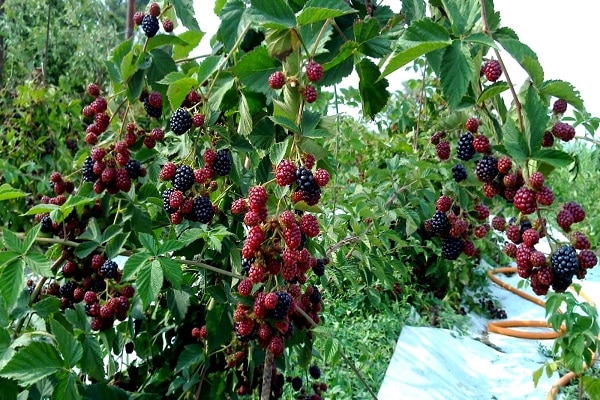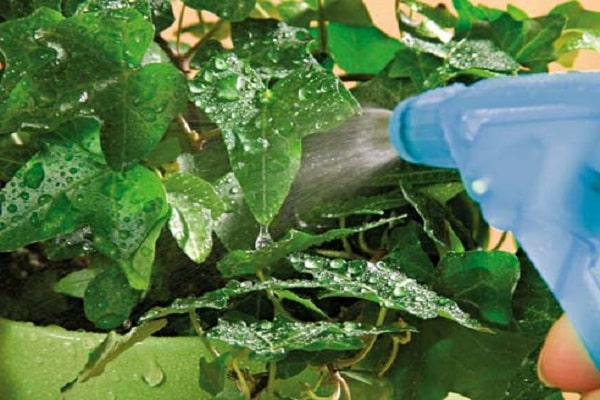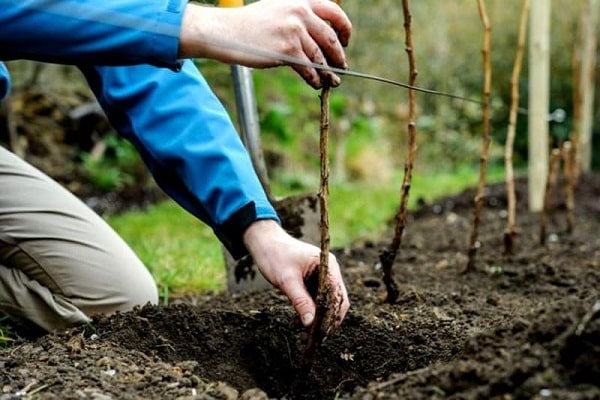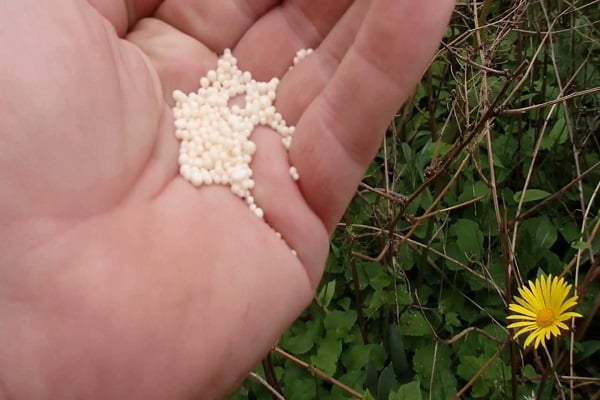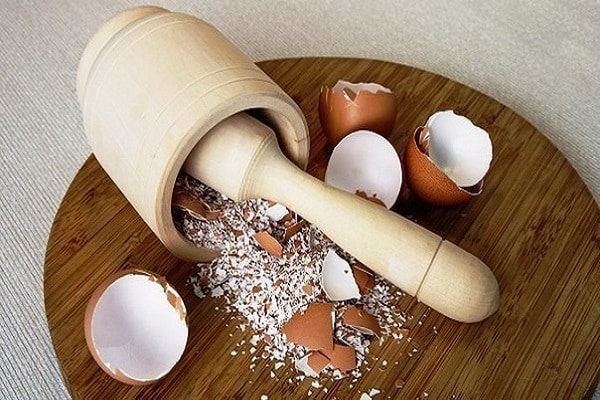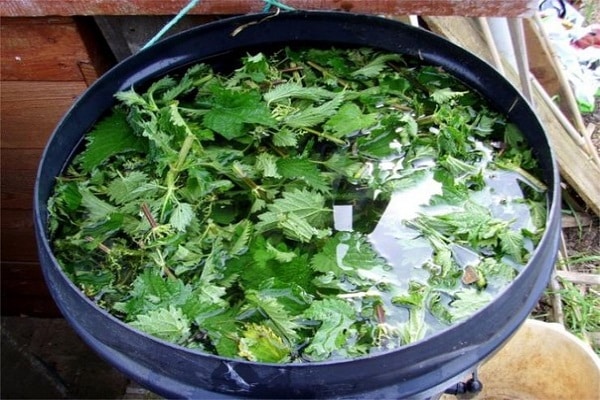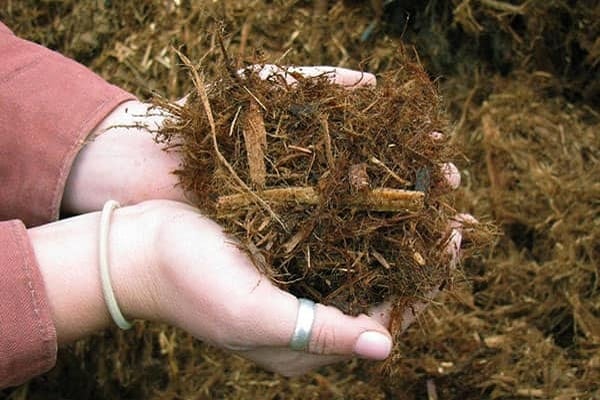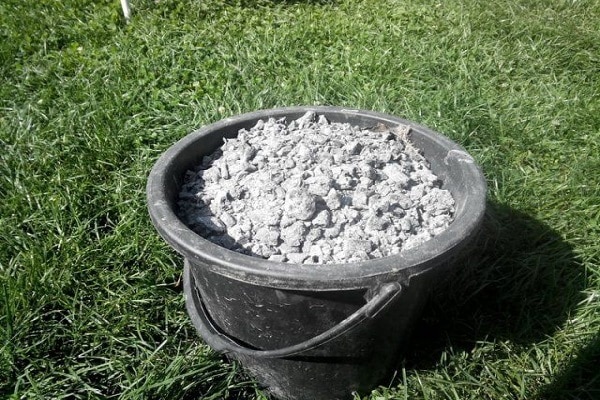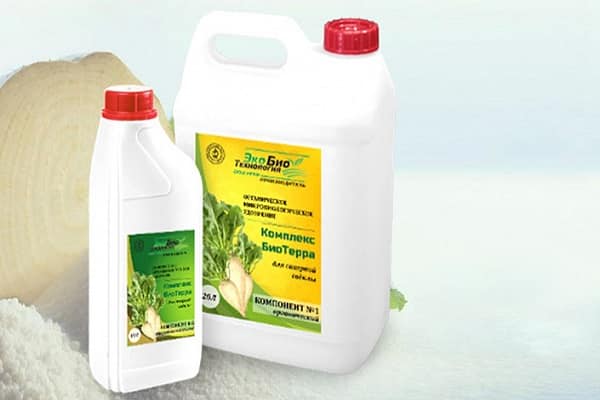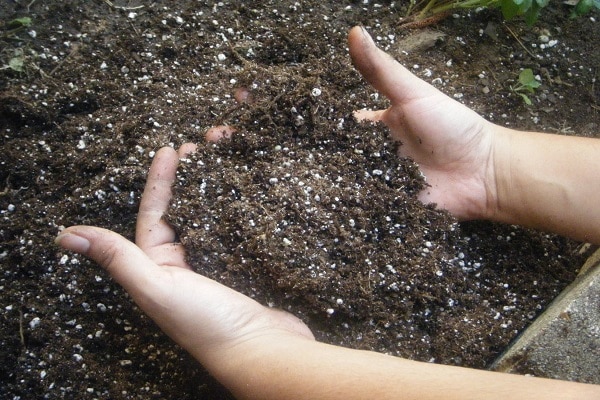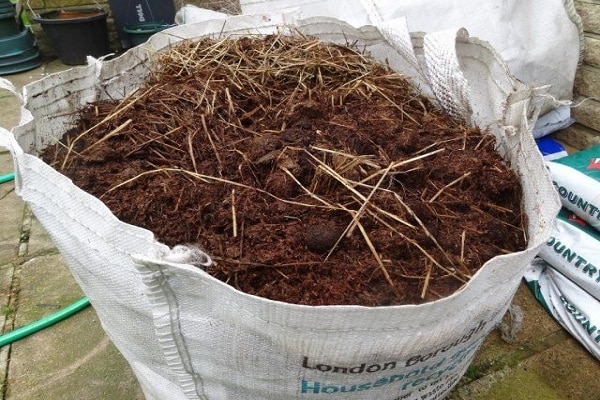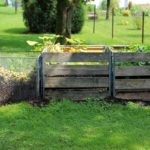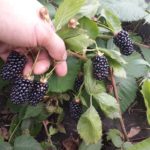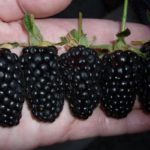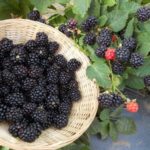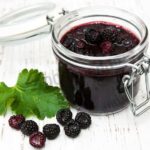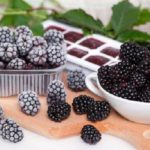Feeding blackberries is very important for the normal growth of the bush. Fertilizing can be foliar and root. Both types of fertilization are important for the plant. Blackberries are fed throughout the growing season.
- Why is it so important to feed blackberries?
- Procedure technologies
- Root
- Foliar
- What do plants fertilize with?
- Mineral fertilizers for blackberries
- Organic
- Folk remedies
- The nuances of seasonal care
- Spring fertilizers
- During the summer
- in autumn
- How to feed blackberries
- Features for fertilizing blackberries on different soils
- After planting young seedlings
- During the flowering period
- During berry ripening
- After harvest
- Common mistakes made by novice gardeners
Why is it so important to feed blackberries?
It is necessary to feed garden blackberries in the same way as any other plant. Fertilizers saturate the soil with nutrients that are necessary for normal blackberry growth.
In addition, fertilizing promotes the growth and development of shrubs, increases plant immunity and has a positive effect on the taste of fruits.
Nutrient deficiency leads to the fact that the shrub grows poorly, productivity decreases, and the plant itself develops poorly. Deficiency, as well as excess fertilizing, negatively affects the growth of blackberries. The shrub begins to actively increase its leaf mass, but the yield is practically zero.
Procedure technologies
There are two types of feeding - foliar and root. Foliar feeding involves treating the leaves of the bush. Roots are applied directly to the soil in the area of the root system.
Root
The essence of root feeding is that nutrients enter directly into the root system and immediately saturate the plant with useful microelements necessary for growth.
Root fertilizers can be organic and mineral. Organic fertilizers are diluted in water or mixed with soil in spring or autumn. Mineral fertilizers are dissolved in water and watered on the bushes or scattered on the soil and after that the blackberries are watered with warm water so that the granules dissolve.
Foliar
Foliar feeding is only mineral. It is rare to find a recipe for organic foliar application of fertilizer. When using this method, fertilizers are dissolved in warm water and the bushes are sprayed.
Blackberries should be sprayed with minerals so that there is no heavy or prolonged rain in the coming days after the procedure.
What do plants fertilize with?
There are two types of fertilizers - mineral and organic. Mineral fertilizers can be complex or single-component. At the same time, it is allowed to add both minerals and organic matter to the soil. This will not make the blackberries any worse. The main thing is to ensure that the bush is not overfed.
Mineral fertilizers for blackberries
The main minerals for agricultural plants include nitrogen, potassium and phosphorus. At different stages of the growing season, plants require different substances.
At the stage of bud formation and growth of leaf mass, it is recommended to add nitrogen to the soil. During flowering and fruit formation, nitrogen can also be added, but at the same time combined with potassium and phosphorus.
Before the onset of cold weather and after harvest, blackberry bushes need potassium. This mineral fertilizer improves the immunity of plants and helps them survive winter frosts.
Organic
In autumn it is time for root feeding. After harvesting, the soil around the bush is loosened with a pitchfork. Organic matter is used as fertilizers:
- manure;
- chicken droppings;
- urea;
- compost;
- sawdust;
- wood ash.
Organic fertilizers are also sold in specialized gardening stores. For example, “Fertimix Biohumus”. The drug stimulates the growth of leaves and root systems, increases resistance to diseases.
Another drug is Novofert Yagoda. Use the substance during the flowering period every 2 weeks. Stop feeding the bush after the fruits ripen.
Folk remedies
For root feeding, traditional methods are used, for example, watering blackberries with an infusion based on weeds. Weeds are cut and filled with water. They insist for one week. Yeast is also added to the infusion.When it is ready, you need to water the blackberries 2 times a week for about 1 month.
The source of calcium for blackberries is eggshells. To prepare the fertilizer, eggshells need to be crushed, then filled with water and left for a day. Water the bushes with the resulting solution.
Algae are used as fertilizer. They contain about 60 microelements that are necessary for normal plant growth.
Nutrient supplements are prepared from animal hair waste. To prepare fertilizing, you need to mix the soil with wool in the fall. In spring, the soil will be saturated with nitrogen.
It is useful to periodically water blackberry bushes with nettle infusion. To prepare it, pour 2 kg of fresh nettle with warm water into a large barrel and leave it to ferment in the sun. After a few days, the resulting infusion is diluted in water and the bush is watered. It is recommended to water plants with nettle infusion during the period of flowering and formation of ovaries.
The nuances of seasonal care
Depending on the season, fertilizing has its own nuances. Blackberries require different nutrients at each time of year.
Spring fertilizers
In the spring, after the snow melts, potassium nitrate is added to the ground. Included in this fertilizers include nitrogen and potassium. The fertilizer is available in the form of granules. The granules are scattered on the ground and then watered with warm water to dissolve them. Mineral fertilizers include superphosphate, nitrogen and potassium sulfate.
During the summer
During this period, complex fertilizers are applied to the soil. In summer, plants are sprayed with nitrogen, potassium or phosphorus diluted in water. Minerals are added only to moist soil. In August, they take a break from feeding until the onset of autumn, when the preparation of the bushes for winter begins.
in autumn
Starts in September preparing blackberries for winter. In the fall, after pruning the plant, the soil around it is dug up and organic matter, superphosphate and potassium sulfate are added. In addition, the soil is mixed with pre-prepared compost or humus.
How to feed blackberries
Blackberries are also fed depending on the growing season. Also, when applying nutrients, the composition of the soil is taken into account.
Features for fertilizing blackberries on different soils
Blackberries prefer to grow in well-drained loamy soils with neutral or slightly acidic soil. Before planting, the soil is mixed with organic matter.
After planting young seedlings
After planting young seedlings, the soil is fertilized with Bioterra. The drug promotes rapid adaptation to a new place. "Bioterra" consists of 4 types of manure, as well as organic waste.
For the growth of seedlings, nitrogen-containing fertilizers are used, which promote the activation of shoot growth. For example, urea or ammonium nitrate. Such fertilizers are applied when planting seedlings in the spring.
During the flowering period
With the beginning of flowering, every 12-15 days the bushes are fed with the substance “Novofert Yagoda”. Such fertilizing is carried out before fruiting begins. Another effective remedy is Kemira Universal 2. The substance helps increase productivity and plant growth.
During berry ripening
During fruit ripening, in order to increase yield and fruiting, fertilizing should be applied, which includes 20 g of saltpeter and 10 g of urea. When fruiting is just beginning, it is useful to fertilize the soil with potassium sulfate. 2 tbsp. l. potassium sulfate is diluted in 5 liters of water. From foliar feeding, the leaves are sprayed with nitrogen, phosphorus and potassium.
After harvest
After harvesting, it's time to prepare the bushes for the onset of winter. At this time, organic fertilizers and potassium are used. From organic matter, the soil is fertilized with manure, compost or humus. 2-3 times a year the soil is dug up with chicken manure. Immediately before the onset of cold weather, the soil next to the blackberries is mulched with peat or straw.
Common mistakes made by novice gardeners
The most common mistake inexperienced gardeners make when fertilizing blackberries is not paying attention to the appearance of the bush and acting strictly according to the instructions or timing of fertilization. Feeding any crop is based on how the plant looks. If the blackberry grows abundant foliage, but does not bear fruit, you need to stop feeding it.
Another mistake many inexperienced summer residents make is ignoring the composition of the soil and climatic features. The poorer the soil, the more and more often you will have to apply mineral and organic fertilizers. Especially during the growth period in spring and during the formation of ovaries.

